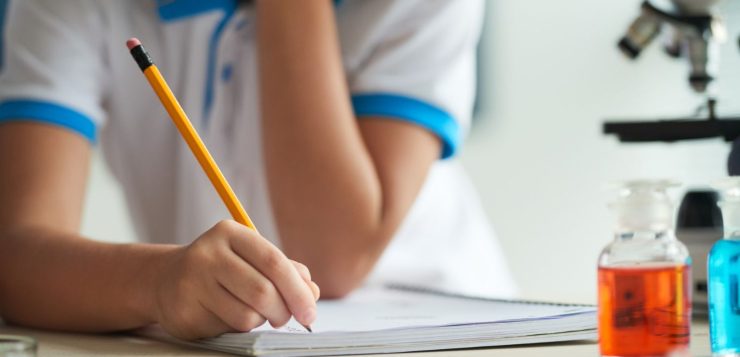The role of a pharmacist is no longer confined to dispensing medicines—it is evolving into that of a data-literate clinician, capable of interpreting genetic codes and leveraging artificial intelligence (AI) to personalize treatment. As healthcare pivots toward precision medicine, pharmacy education in India is beginning to reimagine its curriculum through the lenses of genomics and AI.
At the core of this transformation lies pharmacogenomics—the study of how genes affect a person’s response to drugs. Traditionally an area of research in advanced labs, pharmacogenomics is now making its way into the classroom. Forward-thinking pharmacy colleges are integrating genetic mapping, bioinformatics tools, and case-based learning to help students understand how medications interact differently based on an individual’s DNA. This approach is shifting pharmacy from a one-size-fits-all model to one that’s highly individualized and predictive.
Alongside genomics, AI is becoming the silent partner in drug discovery and patient care. Pharmacy students are now introduced to machine learning algorithms that analyze clinical data, predict adverse drug reactions, or even help design new drug molecules. Tools like AI-powered drug interaction checkers, electronic health record (EHR) analysis systems, and robotic dispensing units are no longer futuristic—they’re part of today’s pharmacy ecosystem.
Institutions leading this shift are fostering interdisciplinary programs where pharmacy students collaborate with computer science and biotech departments. Workshops on AI programming (Python, R), hands-on training with genome sequencing software, and internships in pharma-tech firms are helping bridge academic learning with industry needs.
However, challenges remain. The pace of curriculum reform across Indian pharmacy colleges is uneven. Many institutions lack the infrastructure or faculty expertise to deliver high-quality training in these advanced domains. Moreover, regulatory frameworks and syllabi still lag behind the innovation curve.
Despite this, a cultural shift is underway. Conferences, research papers, and student projects focused on genomics and AI are on the rise. The growing availability of online tools and global collaborations is allowing even mid-tier institutions to tap into these frontier areas.
Ultimately, the pharmacist of tomorrow will be part-scientist, part-technologist, and part-clinician. To prepare them, pharmacy education must move beyond rote memorization and static compounding labs—it must embrace a dynamic curriculum that teaches students how to navigate complexity, data, and diversity in human biology.
Genomics and AI aren’t just add-ons; they are becoming essential pillars in preparing pharmacists for a smarter, more personalized era of medicine.


